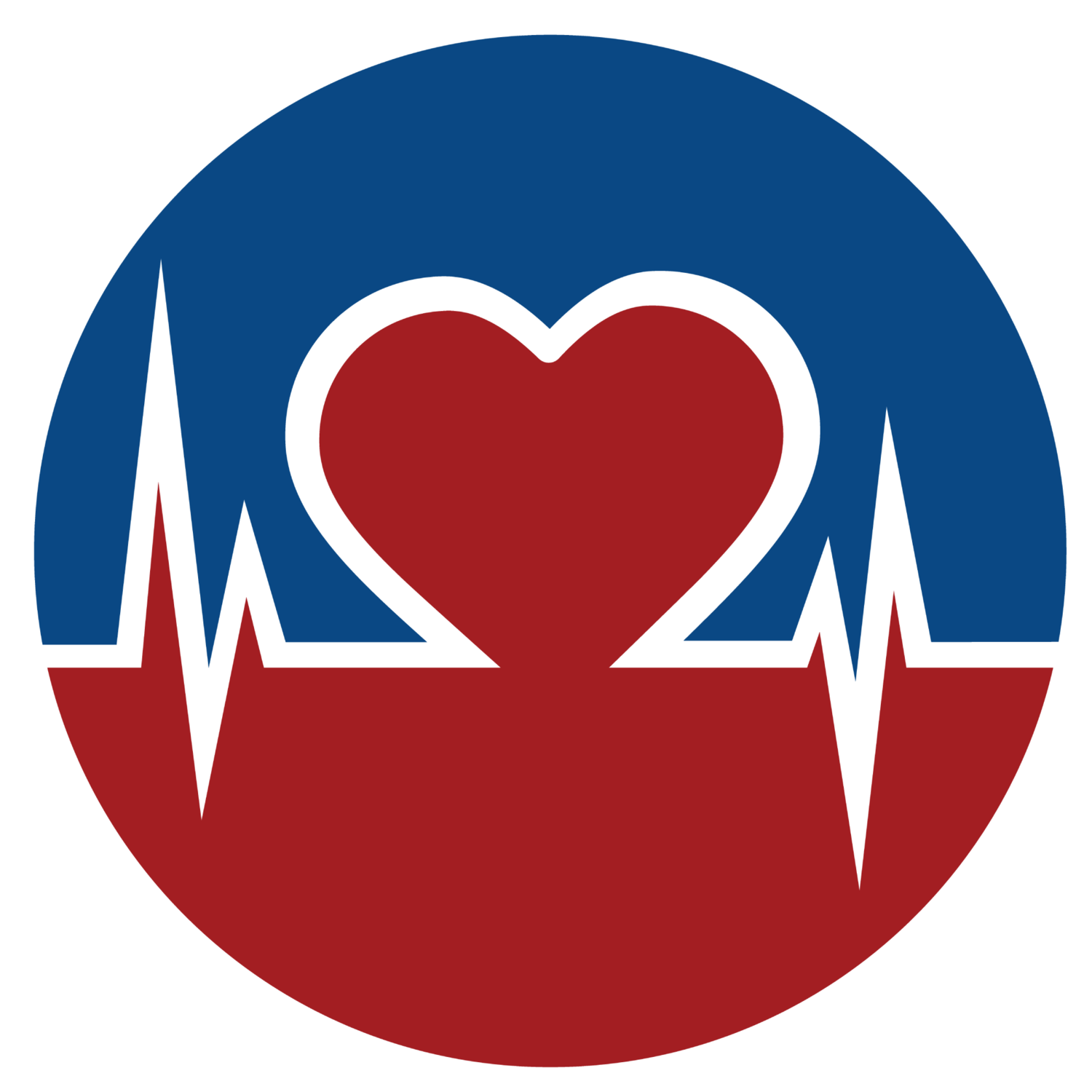Under fire from senators in both parties, a senior federal health official told Congress on Tuesday that the Obama administration would adjust its plan to reduce Medicare payments for many prescription drugs, but those assurances did not fully allay deep concerns.
The official, Dr. Patrick H. Conway, a deputy administrator of the Centers for Medicare and Medicaid Services, indicated to the Senate Finance Committee that the administration would probably go ahead with its proposal in some form, and he promised that officials would try to prevent any harm to patients.
That did little to calm bipartisan fears. Senator Charles E. Grassley, Republican of Iowa, called the administration plan “an ill-conceived experiment” and suggested that it was a form of “human subjects research” for which the government needed the consent of patients.
Read more at New York Times
